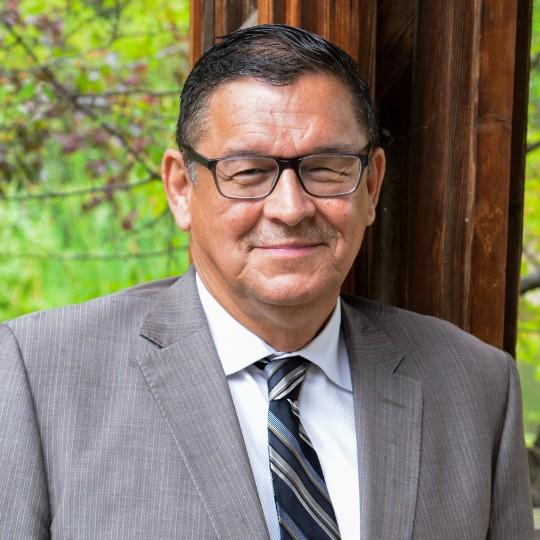Representative Buckley Belanger Contact information
Here you will find contact information for Representative Buckley Belanger, including phone number, and mailing address.
| Name | Buckley Belanger |
| Position | Representative |
| State | Saskatchewan |
| Party | Liberal |
| Born | 21-3-1960 |
| elected | 2025 |
| Mailing Address | Ottawa, Ontario, Canada K1A 0A6 |
| Phone | 613-995-8321 |
| Mailing Address | 711 La Ronge Avenue La Ronge, Saskatchewan S0J 1L0 |
| Phone | |
| fax 1 | 613-995-7697 |
| Email Form | |
| Website | Official Website |
Buckley Belanger for Representative
Buckley Belanger is a Canadian politician, journalist, and advocate for rural development who has played a significant role in Saskatchewan’s political landscape. A dedicated member of the Liberal Party of Canada, Belanger was elected as the Member of Parliament for Desnethé—Missinippi—Churchill River in the 2025 Canadian federal election, becoming the only Liberal MP from Saskatchewan. His journey to public office was shaped by decades of experience in provincial governance, media, and Indigenous advocacy.
Belanger was born on March 21, 1960, in Île-à-la-Crosse, Saskatchewan, a community with deep Métis roots. His early years were marked by a strong connection to northern Saskatchewan, where he developed a passion for public service and community development. Before entering politics, he worked as a journalist and administrator for Missinipi Broadcasting Corporation (MBC Radio), where he helped establish radio and television broadcast facilities in northern communities. His commitment to amplifying Indigenous voices and northern issues reinforced his reputation as a dedicated advocate for regional development.
His political career began at the municipal level when he was elected mayor of Île-à-la-Crosse in 1988, a position he held until 1994. His leadership in municipal affairs strengthened his ties to the community and positioned him as a strong voice for northern Saskatchewan. In 1995, he transitioned into provincial politics, winning a seat in the Saskatchewan Legislative Assembly as the Liberal MLA for Athabasca. However, in 1998, he left the Liberal Party to join the Saskatchewan New Democratic Party (NDP), resigning his seat and successfully recontesting it in a by-election with an overwhelming majority.
Belanger’s tenure in provincial politics was marked by his commitment to northern development, Indigenous rights, and environmental stewardship. He served in various ministerial roles, including Minister of the Environment and Resource Management, Associate Minister for Intergovernmental and Aboriginal Affairs, and Minister of Northern Affairs. His leadership in these portfolios reinforced his dedication to ensuring that northern communities had access to essential services, economic opportunities, and sustainable development initiatives.
In 2021, Belanger resigned as MLA to run federally as a Liberal candidate in Desnethé—Missinippi—Churchill River, but was defeated by Conservative MP Gary Vidal. Undeterred, he ran again in the 2025 federal election and secured a decisive victory, marking his return to public office at the national level. Shortly after his election, he was appointed Secretary of State for Rural Development in Prime Minister Mark Carney’s cabinet, becoming a key figure in shaping policies that support rural communities across Canada.
His tenure in Parliament continues to reflect his dedication to progressive policies, Indigenous advocacy, and rural development. His vision for Desnethé—Missinippi—Churchill River and Canada is one of inclusivity, sustainability, and opportunity, ensuring that future generations can thrive in a country that values responsible leadership, regional development, and social equity. His contributions to both provincial and federal politics have positioned him as a prominent figure in Canadian public life.
